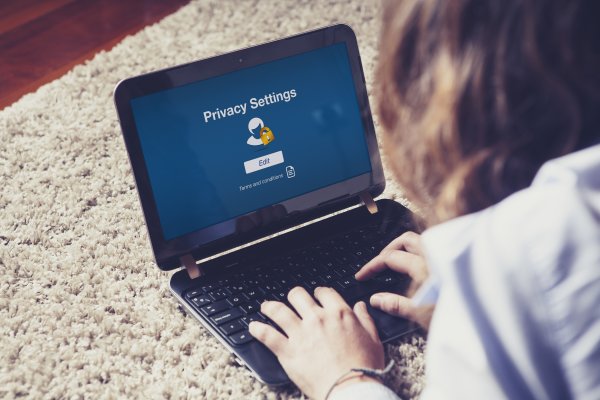Social media has taken over the biggest part of our existence. From social or entertaining reasons to business related ones, Facebook, Twitter and the like are a daily presence in our lives. Social media phishing attacks have increased with over 500 percent last year and the numbers continue to grow. Social media accounts are very attractive targets for all kinds of hackers and cyber-attacks such as ransomware, phishing, malware, etc. are happening on a daily basis. They leave users with stolen accounts that are used by criminals on their behalf to send compromised links, exposed personal information, stolen customer base and more.
Here are some practices you should implement in order to keep your social media account secure:
- First thing’s first: you need a solid, uncrackable password and not the useless, popular, lazy driven ones such as ‘123456’, ‘password’, date of birth and so on. Use a strong password that combines letters, numbers and symbols, change it as often as possible; or, if you want, use password generators and managers such as LastPass and others. You should also enable two-factor authentication as an extra security measure. A strong password will protect you when your internet security isn't able to so we really suggest using as complex password as possible for maximum proteciton.
- Avoid adding too much personal or sensitive info on your profile. The less you disclose about yourself, the better
- Don’t ignore the privacy settings. Set some limits and restrictions where necessary. Your close friends and family should be the only ones with access to your profile
- Turn off your location so that people won’t see where you are
- Don’t click on any suspicious links, especially shortened ones, no matter how appealing they may look
- Use an Antivirus program for increased security
- Don’t forget to log out of your account, especially if you are using a public computer. You should also do it even if you are on your personal computer, if you don’t live alone and know that your roommates can have access to your belongings
- Be careful whose friendship you accept. It may be tempting to know that you can be ‘friends’ with literally anyone in the whole wide world and see your friends list growing, but there are a lot of malicious people out there and you risk becoming an ID theft victim, getting spammed, having your personal info leaked and more. Try to be careful when accepting the friendship of strangers, or better yet, only become virtual friends with people you’ve already met or you know
- Be careful what kind of photos you share on social media. Analyze them first to make sure there’s nothing personal or important in the background for instance (valuable things, image of your open computer/laptop with visible personal info, etc.)
- Don’t advertise your vacations all over social media. It might be exciting to post constant updates from dreamy locations on your Instagram, Facebook and so on, but it is safer to restrain yourself until you return home. This way you won’t let anyone know that your home is unattended and inviting for any potential looters.
If ever in doubt we suggest that you get yourself a top notch security program. Our top picks that will have you totally covered are:
BullGuard Anti-Malware
Or if you are looking for an All In One Protection suite BullGuard Internet Security.





